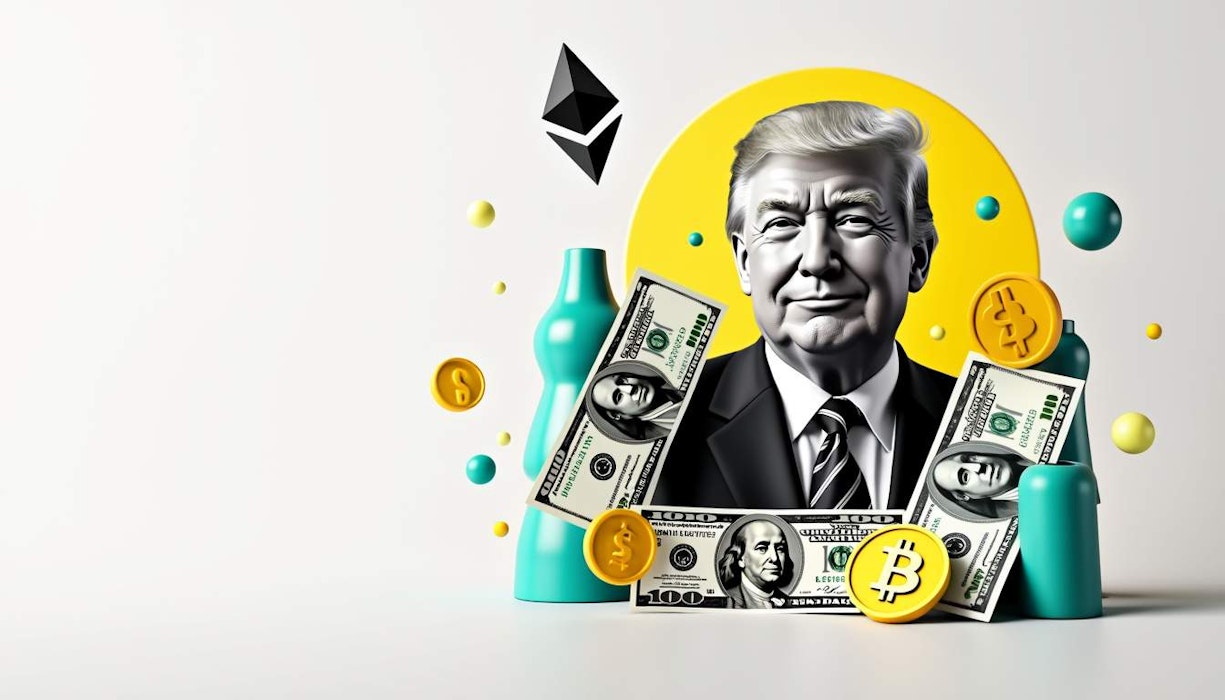The crypto world is moving fast, and one thing that's becoming clear is how intertwined it is with politics. As crypto exchange markets pump millions into political campaigns, they're not just influencing regulations—they're shaping public opinion. This piece explores how these digital platforms are changing the game politically and the ethical questions that pop up along the way. It's a fascinating look at how financial clout in the crypto space isn't just about making money; it's about wielding power.
The Political Landscape of Crypto
It's hard to ignore the impact of crypto on this year's U.S. elections. These companies have emerged as some of the biggest corporate backers, pouring over $119 million into various campaigns—almost half of all corporate donations! Most of this cash is funneled through super PACs like Fairshake, which has raised a staggering $200 million and is now one of the largest super PACs in American history.
What's interesting is how targeted this funding seems to be. Fairshake and its affiliates have an impressive track record, backing winners in 36 out of 42 primary races so far. While you might think this kind of support would lean heavily Republican—especially since Donald Trump has declared himself a pro-crypto candidate—the reality is more nuanced. Crypto companies are playing both sides, ensuring they have friends in high places no matter who’s in charge.
Ethical Questions Around Virtual Currency Trading
But there's a darker side to all this money flowing into politics, especially when it comes to using virtual currency trading platforms for political betting. It raises some serious ethical dilemmas. For one, it creates financial incentives for journalists and analysts to skew their coverage or analysis. And let’s be real—it’s tough to draw a line between legal political wagers and outright market manipulation.
Regulators like the CFTC are already on high alert, worried that these setups could undermine electoral integrity. They're looking into ways to stop what they see as potential market manipulation.
The Regulatory Push
What’s crystal clear is that the crypto industry isn’t just throwing money around haphazardly; they’re executing a well-planned strategy aimed at getting laws passed that favor them. With proposals like the Lummis-Gillibrand Responsible Financial Innovation Act floating around, it’s no wonder they’re lobbying so hard!
And it's not just about influencing candidates; it's also about shaping public discourse. Take Coinbase's "Stand With Crypto" initiative—it looks like grassroots support but feels more like an astroturf campaign when you realize it's backed by big bucks.
Final Thoughts
As I dive deeper into this topic, one thing stands out: The intersection of crypto exchange markets and politics isn't just complicated; it's fraught with ethical concerns and risks galore! From bipartisan support aimed at securing favorable regulations to potential pitfalls associated with using blockchain trading platforms for cross-border transactions in unstable economies—the layers keep unfolding.
As we move forward, it'll be crucial to keep an eye on how these dynamics evolve because one thing's for sure: Crypto's influence on politics isn't going away anytime soon.
